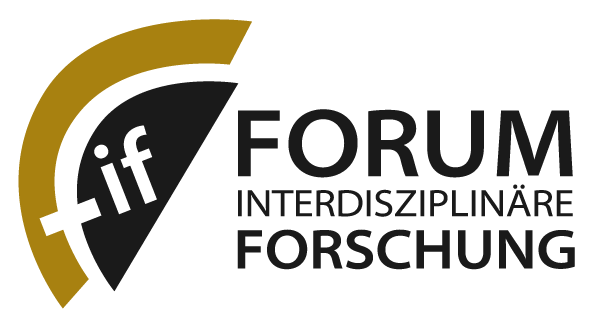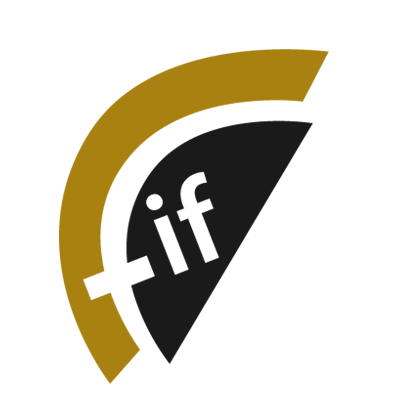Drug Sensor
Summary
Period: 7.23-12.25
---
Prof. Dr. rer. nat. habil. Torsten Frosch
FB 18, Fachgebiet Biophotonik – Medizintechnik
Prof. Dr. Andreas Blaeser | FB 16, Fachgebiet BioMedizinische Drucktechnologie
---
Project description:
We aim to develop novel biopotonic techniques for point of care application in clinics and combine our competences across disciplines. In particular we develop robust fiber sensors for the quantification of drugs in body fluids. Therefore we combine our knowledge in fiber spectroscopy and bioprinting. For successful treatment of critically ill patients, antibiotic therapy should be individually tailored to the prevailing physical conditions, including consideration of organ functions.
However, the pathology of critically ill patients may cause physiological changes that grossly alter the pharmacokinetics of antimicrobial substances and complicate the prediction of drug exposure. These pathophysiological changes can result in underdosing with a risk of treatment failure and overdosing with a risk of accumulation and toxic adverse effects.
The unique benefits of fiber-enhanced Raman spectroscopy, i.e., short analysis time, small sample volume, and high sensitivity with the potential for multicomponent detection will pave the path as future point of care approach for sensitive detection of antibiotics in body fluids.
Thanks to the FiF project DrugSensor, close and targeted cooperation between the Frosch and Blaeser working groups was established. The insights gained and initial successes provided an excellent starting point and joint groundwork for the successful LOEWE application MultiDrug-TDM. The results achieved in the project impressively demonstrated to the reviewers both the scientific excellence and the technical feasibility of further, in-depth collaboration. This paved the way for the approval of the LOEWE priority area.



